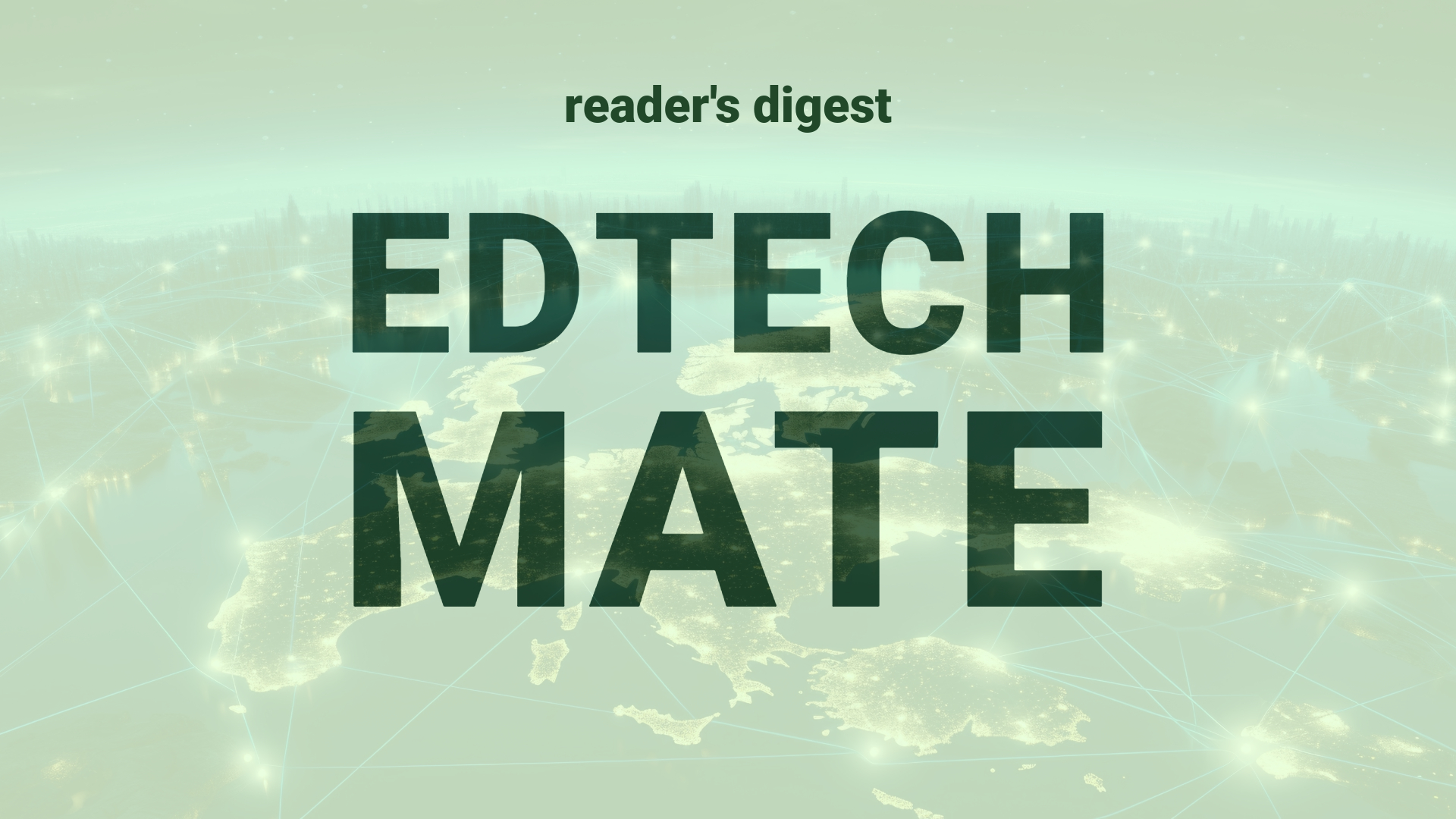Executive Summary and Main Points
The recent strategic movement in the AI landscape involves Abu Dhabi-based artificial intelligence firm Presight acquiring a majority stake of 51% in AIQ, which is a joint venture between the Abu Dhabi National Oil Company (ADNOC) and G42, a leading AI and cloud services company. With this deal, ADNOC’s stake in AIQ reduces to 49%, awarding the company a valuation of $1.4 billion. ADNOC diversifies its partnership, obtaining a 4% stake in Presight, underlining its commitment towards integrating AI across its operations. The acquisition empowers AIQ to leverage Presight’s international reach in data-driven analytics, focusing on enhancing sustainability, safety, and efficiency within energy sector operations globally. This move coincides with other investments in the region, including Microsoft’s $1.5 billion investment in G42, which is poised to expand its operations and reinforce the UAE’s ambition to become a global technology hub.
Potential Impact in the Education Sector
The Presight and AIQ merger sets an important precedent for Further Education and Higher Education by showcasing the power of strategic alliances in promoting technological innovation and digital transformation. This could inspire similar collaborations between educational institutions and tech companies, emphasizing the importance of AI and machine learning in educational processes. Furthermore, this development highlights the potent role AI can play in instituring micro-credentials. By leveraging AI, institutions could offer personalized learning pathways and robust assessment tools, ensuring that education keeps pace with industry demands. This partnership exemplifies the possibility of creating new niches in market-relevant education sectors by harnessing advanced technologies.
Potential Applicability in the Education Sector
There is vast potential for applications in the education sector, particularly through the integration of AI and digital tools. AIQ’s success in utilizing vast volumes of data and machine learning could translate to education through big data analytics for student performance tracking and curriculum development. AI could also offer predictive analytics to tailor educational experiences and optimize learning outcomes. Moreover, similar to AIQ’s initiative, education systems around the world could leverage AI to streamline administrative processes and enable data-driven decision-making. This has the potential to offer educators and policymakers insights to make strategic improvements catering to a diverse global student demographic.
Criticism and Potential Shortfalls
Despite the promising developments, there are valid criticisms and potential shortfalls to consider. The concentration of AI in certain regions can lead to unequal distribution of technological benefits, creating a digital divide in education settings worldwide. Moreover, reliance on AI raises ethical concerns, such as data privacy and algorithmic bias, which could inadvertently reinforce existing disparities in global education systems. For instance, case studies in different international settings have shown that without careful implementation, AI can exacerbate inequalities due to differential access to technology amongst socioeconomic groups. Additionally, the cultural implications of one-size-fits-all technological solutions must be addressed, as what succeeds in one region may falter in another due to varying cultural and educational expectations.
Actionable Recommendations
Leaders in international education should consider strategic partnerships with tech companies to bring AI innovations into their institutions. It is crucial to start by identifying specific educational challenges that AI could effectively address. Pilot programs that measure the impact of AI tools on student engagement and learning outcomes can guide scalable implementation. Investments should be made into professional development to ensure educators are capable of integrating AI into their pedagogies. It’s also essential to prioritize ethical AI principles, ensuring technology design and implementation are inclusive, transparent, and respectful of privacy and cultural diversities. Establishing a global framework for the ethical use of AI in education could guide institutions as they navigate the opportunities and challenges presented by digital transformation.
Source article: https://www.cnbc.com/2024/05/02/abu-dhabi-ai-firm-presight-buys-majority-stake-in-technology-joint-venture-aiq-.html

